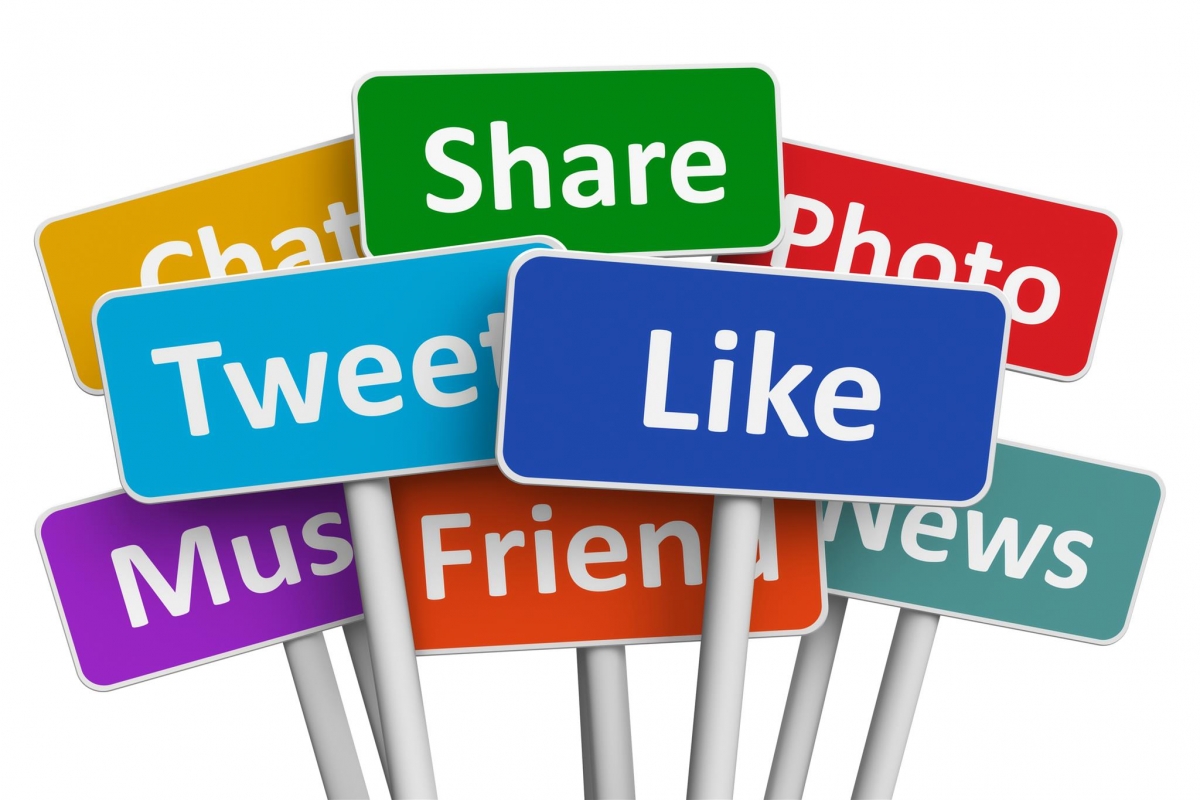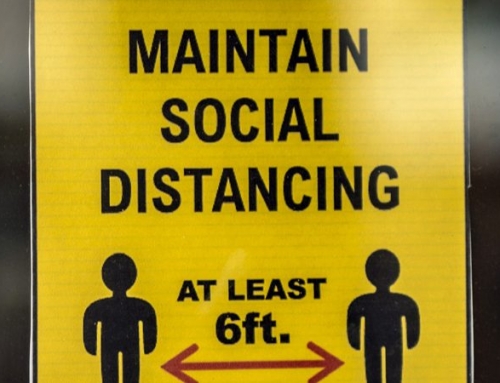Since documentaries like the Great Hack and the revelations brought about controversial stories such as the Cambridge Analytica scandal, users are becoming more sceptical of social media as a platform in general. Consequently, they are unsubscribing, deleting or abandoning their accounts in droves. Facebook has become a particular source of concern for many people due to the way they have allegedly handled certain types of data. This means that although many people do still frequent social media sites, they are more wary of falling victim to cybercrime or having their details passed on to organisations without their consent. As a result, marketing on these sites is becoming less effective. Though social media is here to stay for a while yet, in these uncertain times, it makes sense to have a few back up strategies in place.
What’s App Groups
Though no stranger to controversy themselves, the encrypted messaging service is still growing in popularity, especially among generation z and the millennials. Business owners are now starting to capitalise on the group chat function in a big way, with property developers, restaurant and catering industry professionals and even recruitment specialists adopting the platform as a way to target specific customers. The advantage of WhatsApp is that you can set up multiple large groups, specific to certain areas of interest or even demographics. Though interaction is never guaranteed, many businesses have been successful by directly targeting their customers in a way that isn’t quite as public as social media. Sharing video links, blog posts, website updates and links to new products is now commonplace for smaller or niche businesses and this trend looks set to continue well in to 2020 and beyond.
Email Campaigns
Though this medium gets its fair share of criticism for being ineffective and even a little outdated, it is still one of the most commonly used marketing techniques in the world. Unlike social media, emails are considered largely private, which changes the way a person interacts with a message. You can be a little more personal, add more detail and even invite them to respond to specific questions if you need to gather data. This is very different to the approach most people use on social media, which has become impersonal, robotic and ultimately, ineffective. Maintaining a human, friendly and engaging tone that makes the reader want to continue until the end of the message takes a great deal of skill, but when done correctly, it still makes people convert.
SMS and MMS messaging
The main difficulty with this approach is compiling a large enough database of contact numbers to make it worthwhile. Once you have managed this, you have a couple of options at your disposal. Simple, text-based messages that include a quick call to action can be effective in certain situations, but they can also be routinely ignored and deleted by those who receive a lot of them. MMS messages offer a little more scope and providing you keep them short and to the point, it’s possible to send video content and images to your potential customers directly. Like email marketing, this style of communication requires a careful approach. You need to make sure your message is clear and easy to understand but you also need to ensure that what you’re sending doesn’t come across as an obvious template that has been replicated thousands of times. It’s also important to not to bombard customers too often. They’ll simply block your number if you do this.
PPC and Google Ads
They’re expensive, a lot of people routinely skip them, and they don’t always lead to high conversion rates, but pay per click and google ads are still a very prominent way of getting your message out there. Even if people are leaving social media in record numbers, the same can’t be said for the way people use search engines. Users expect to see adverts in every search now and though they may not click on them every time, your brand or company name can feature very prominently if you do your keyword research properly.
Streaming Services
Advertising on streaming services is expensive, there’s no getting away from that, but it can also be very effective. A short, 10 or 20 second advert that plays regularly between songs or videos is likely to register far more prominently than a post on any social media site. If your budget allows, it makes sense to invest in this style of advertising now, while its still developing. As broadcast media continues to decline, this will almost certainly be the go-to model for consuming media for most people. The most successful adverts on streaming services encourage interaction. Whether this is through joining a live stream, clicking through to a different page or signing up to a trial offer, the levels of engagement are usually very high.
Local TV and Radio Stations
There’s been a palpable shift in the way many consumers spend their money over the past decade. Many people now prefer to support local businesses, rather than large corporations. The shift towards shopping for seasonal, locally produced food or bespoke, handmade furniture continues and shows no signs of slowing down. For this reason, reaching out to local TV and radio stations can still be an extremely effective tactic. Though the numbers are relatively small when compared to the potential exposure you can enjoy on social media, the conversion rate is usually still very good. Adverts that are designed for local TV or radio should be as direct, clear and engaging as possible. They should also be specific to the area so that your customers feel as if you are addressing them directly. Use of music, slogans and catchphrases is still commonplace and providing that you pay enough attention to the script and production values, you can create a professional piece of work for less than you may think.






